Kinhtedothi - The fine dust index in big cities, including Hanoi, is rising very high. In addition to measures such as propaganda and mobilizing people to reduce burning votive papers, the measure of increasing special consumption tax on this item is to gradually change people's behavior of burning votive papers.
On the morning of November 22, delegates discussed in groups the Law on Corporate Income Tax (amended) and the Law on Special Consumption Tax.
Tax to change the behavior of burning votive paper
Discussing in groups, delegate Duong Minh Anh ( National Assembly Delegation of Hanoi) basically agreed with the necessity of promulgating the Law on Special Consumption Tax (amended) to concretize the Party's guidelines and policies on strengthening the protection, care and improvement of people's health in the new situation. At the same time, it contributes to restructuring the State budget, overcoming the limitations and shortcomings of the current Law on Special Consumption Tax.
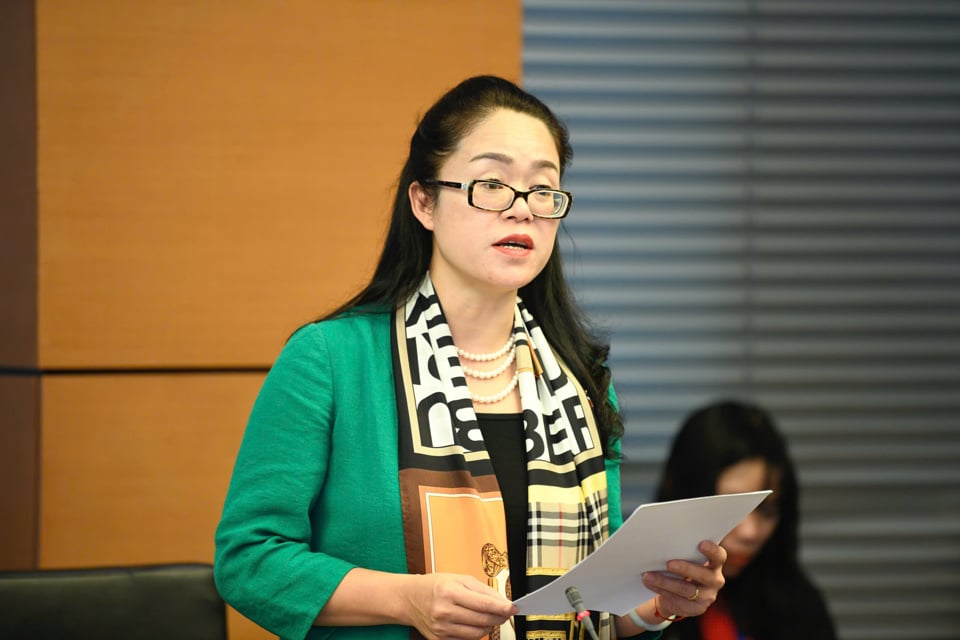
Commenting on some specific contents of the Draft Law, delegates highly agreed with the Government 's proposal to make votive paper and votive goods subject to tax because the act of burning votive paper by people is becoming more and more popular, seriously affecting the environment and causing great waste.
According to delegate Duong Minh Anh, currently, the fine dust index in large cities, including Hanoi, is rising very high, greatly affecting people's health. Therefore, in addition to measures such as propaganda and mobilizing people to reduce the burning of votive paper, the measure of increasing special consumption tax on this item is aimed at gradually changing people's behavior of burning votive paper, contributing to reducing emissions that cause environmental pollution.
Similarly, the delegate also suggested that the drafting committee should review and add items such as plastic bags, herbicides, and pesticides to the list of items subject to special consumption tax, because these are items that have a major impact on the environment and are harmful to people's health.
Discussing in groups, delegate Vu Hong Thanh (National Assembly Delegation of Quang Ninh province) was interested in the regulations on taxing air conditioners, with the aim of protecting the environment.
Agreeing with the Finance and Budget Committee's review opinion, any technology that is environmentally friendly should have low taxes, and any technology that is not environmentally friendly and emits a lot of emissions should be heavily taxed. At the same time, taxing according to capacity needs to take into account the Finance and Budget Committee's opinion to apply, because now with climate change, all families have to use air conditioners. "This is no longer a luxury item, it is an essential, necessary item" - delegate Vu Hong Thanh stated.
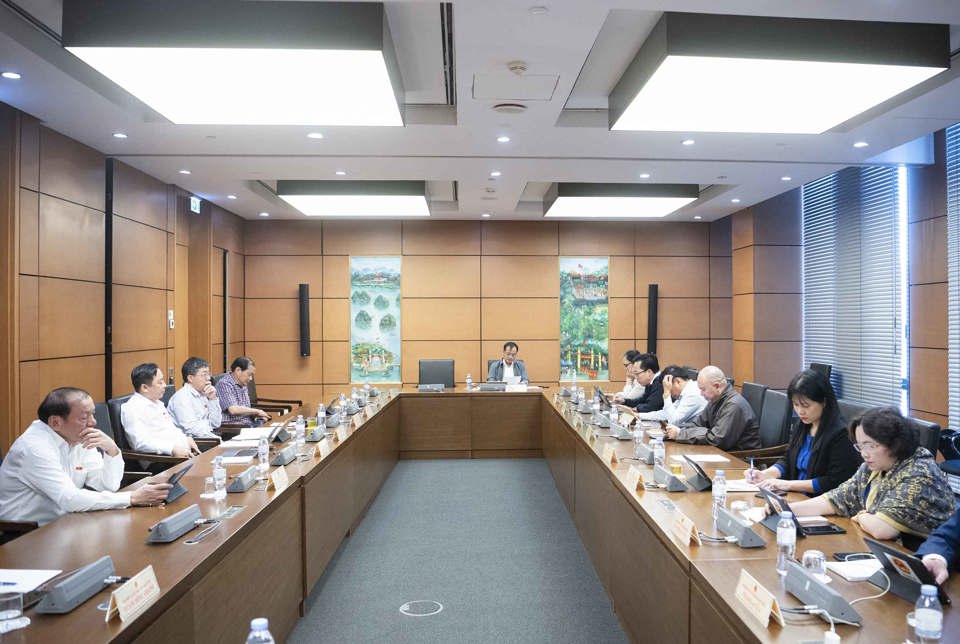
Research the route, avoid shock with pickup trucks
Also concerned about environmental protection, delegate Duong Minh Anh stated that the Draft Law is proposing a special consumption tax rate for pickup trucks carrying double cabins equal to 60% of that of passenger cars. Thus, the new tax rate for this vehicle will increase from 15%-20%-25% to 24%-36% and 54%; more than double the old tax rate.
The delegate said that this is a convenient vehicle, in countries in the ASEAN region the tax rate for this vehicle is lower. At the same time, currently, car manufacturers are focusing on technological innovation, pickup trucks are currently using technology to save gasoline, oil and EURO 5 fuel quality standards, contributing to the green transition roadmap according to the Green Energy Transition Action Program, carbon and methane emissions that the Government has approved. Increasing the tax rate immediately on double-cabin pickup trucks will greatly impact the resources of domestic enterprises at this stage.
Therefore, delegate Duong Minh Anh suggested that the drafting committee consider and implement policy stability, along with studying the roadmap and appropriate increase for this special item. Avoid shocking increases that affect production, business of enterprises and employment of workers in the automobile industry as well as the implementation of the Government's investment incentive commitments, ensuring a stable investment environment. The roadmap should be from 3-5 years, and the tax rate should be spread out over the years, increasing from 2%-3% per year.
Regarding the tax regulations for pickup trucks, delegate Vu Hong Thanh said that it is necessary to assess the main purpose of using this type of vehicle, whether it is to transport people at home or to transport goods for production and business activities. From there, appropriate tax rates will be set for each type of use.
Source: https://kinhtedothi.vn/dbqh-nen-bo-sung-vang-ma-thuoc-dien-chiu-thue-de-bao-ve-moi-truong.html



![[Photo] Enjoy the Liuyang Fireworks Festival in Hunan, China](https://vphoto.vietnam.vn/thumb/1200x675/vietnam/resource/IMAGE/2025/10/26/1761463428882_ndo_br_02-1-my-1-jpg.webp)


![[Photo] Nhan Dan Newspaper displays and solicits comments on the Draft Documents of the 14th National Party Congress](https://vphoto.vietnam.vn/thumb/1200x675/vietnam/resource/IMAGE/2025/10/26/1761470328996_ndo_br_bao-long-171-8916-jpg.webp)
![[Photo] General Secretary To Lam received the delegation attending the international conference on Vietnam studies](https://vphoto.vietnam.vn/thumb/1200x675/vietnam/resource/IMAGE/2025/10/26/1761456527874_a1-bnd-5260-7947-jpg.webp)






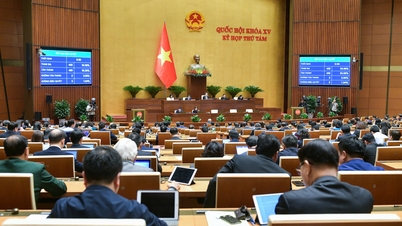



















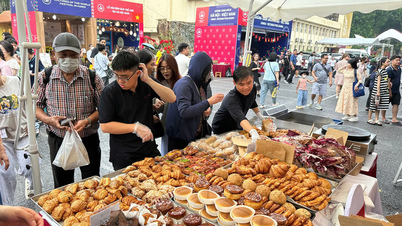
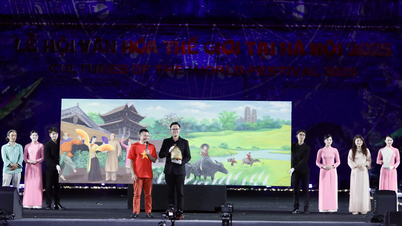
![[Photo] Prime Minister Pham Minh Chinh attends the opening of the 47th ASEAN Summit](https://vphoto.vietnam.vn/thumb/1200x675/vietnam/resource/IMAGE/2025/10/26/1761452925332_c2a-jpg.webp)





































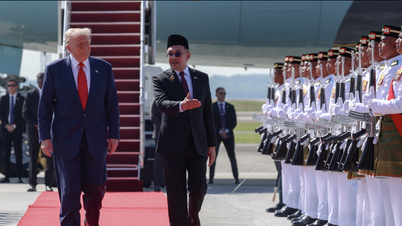

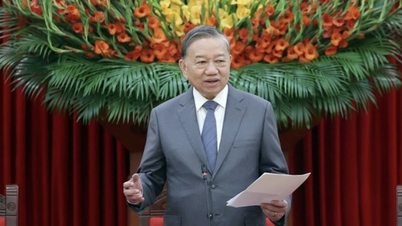

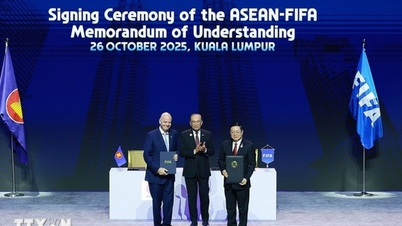

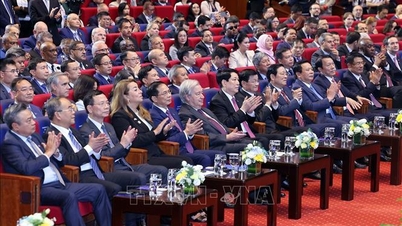

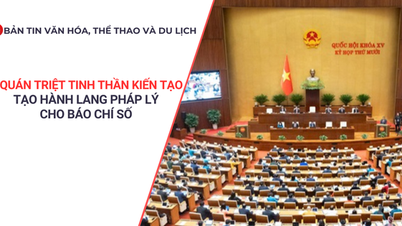

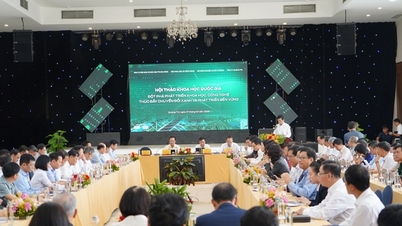

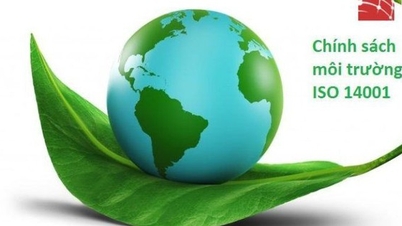

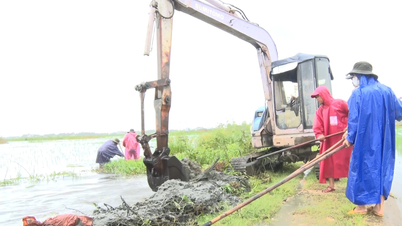


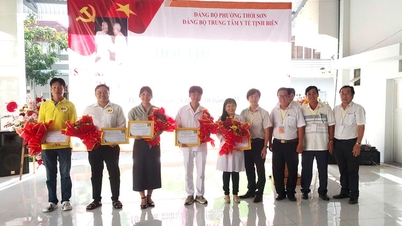

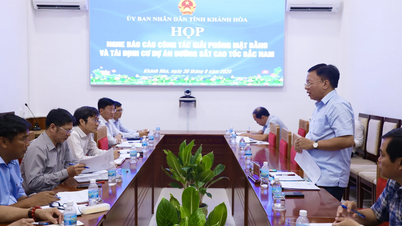

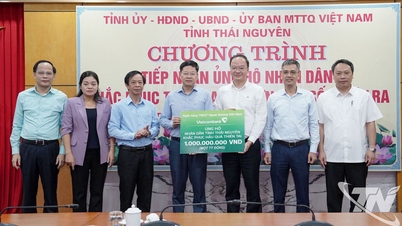
















Comment (0)